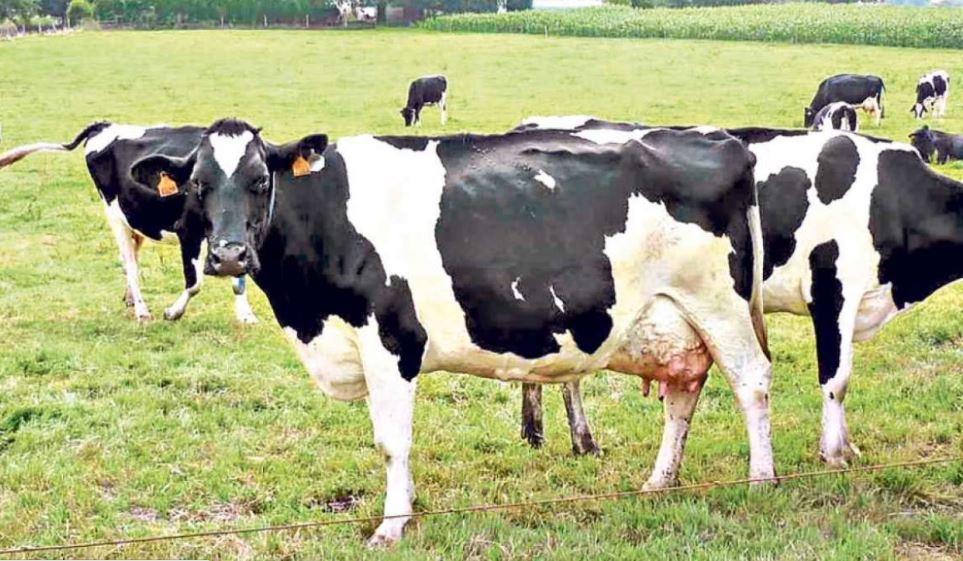Current meat prices in the U.S. are very high due to the monopolization of the meat industry in the U.S. – with four key companies controlling the market. Last year, the White House created a plan to help reduce the prices, however this strategy may not be sufficient. Instead, turning other countries like Paraguay may hold the answer.
How might the sector be transformed international competition? Digital Journal spoke with Jair Antonio de Lima, Founder, Chairman, and Controlling Shareholder of Frigorífico Concepción.
Digital Journal: Can you provide a brief description of Frigorífico Concepción?
Jair Antonio de Lima: Frigorífico Concepción S.A. is a multinational meat processing and packing company based in Asuncion, Paraguay. With an extensive range of prime beef and pork products, we have plants in Paraguay, Bolivia and Brazil, and sales offices in the United States and Chile. Our company began operations in 1997 in the city of Concepción, Paraguay as a small meatpacking plant, serving several customers in the region.
Over time, we became the leading regional player, with three state-of-the-art plants in Paraguay, two in Bolivia, and four in Brazil. We are oriented towards exporting approximately 95 percent of our products and are currently selling them to more than 70 countries and have longstanding relationships with over 130 wholesale customers worldwide. In 2021, we consolidated our local expansion with the acquisition of Cabaña El Nido, the largest Paraguayan farm of high genetic pigs. In addition, we signed an agreement with INCKA Foods to invest in the construction of a new top-of-the-line pork processing plant located in Katueté, in northeast Paraguay. Furthermore, in Brazil, we acquired BMG Foods and Frigorifico Vila Bela. In the United States, we opened BFC USA, our trading company, and in Chile, CFC SA, a distribution company. We are constantly expanding our product line to international markets, maintaining our commitment to the highest quality and excellence.
DJ: Meat prices in the U.S. are soaring. The White House created a plan in 2021 to help reduce prices, and it does not seem to be working. Why do you think this is the case?
de Lima: The U.S. meat market is highly concentrated, with four companies controlling a majority of the sector, and specifically over 80 percent of the beef sector. Meat prices have soared, and while inflation is partly accountable, so is corporate greed.
The White House’s plan that was released in 2021 offered a $1 billion solution, which is not enough. It takes approximately $100 million to build a new plant, so with a $1 billion budget, you can only build a limited number of plants, which will not be able to impact prices.
The meat industry is complex, and small- to mid-size meat-packing plants unfortunately do not have the capability to scale quickly and efficiently in order to be competitive or impact the mark.
Therefore, the four conglomerates continue to dominate the market, and control prices.
DJ: How do you think this crisis can be solved?
de Lima: We think increasing competition through international competition is key to solving the crisis in the U.S. If the government were to ease import taxes and create more affordable standards, international meat, especially from South American regions where meat is less expensive, would be more readily available, and therefore lower prices.
DJ: What type of regulations and standards do international companies need to meet in order to enter the U.S. market?
de Lima: The U.S. requires Hazard Analysis Critical Control Point (HAACCP) quality, which is an extensive food safety management system.
DJ: Can you provide insight into some additional benefits that international companies may be able to provide?
de Lima: International companies, mainly based in South America, produce a large amount of high-quality and inexpensive meat. They also have a wide range of different quality products that may not be as readily available as in the U.S.
Grass-fed beef, with no added antibiotics or hormones, is also the standard in Paraguay, therefore the final consumer product is always organic.
DJ: How is technology impacting the global meat industry? What developments do you expect in the next few years?
I think that technology has impacted four key areas:
- Productivity: Producing more with less
- Food quality and safety: Both have increased with better standardization of processes and products (from farm-to-table)
- Opportunity: More opportunities with Overtime technology implementation is getting more accessible
- Competitiveness: New products have been created and new niche markets have grown at an exponential rate (i.e., plant-based is expected to have a CAGR of 12 percent till 2029 reaching $95 billion)
We believe that in the next few years, the meat industry will become more automated in Europe and across developing countries. Additionally, with an increase in ESG demand, plant-based foods, which are expensive to produce right now, will scale in production and become more affordable. This will likely impact the meat-consuming market as well.














